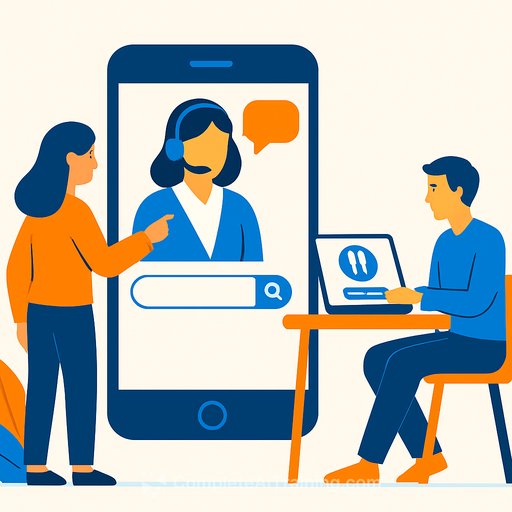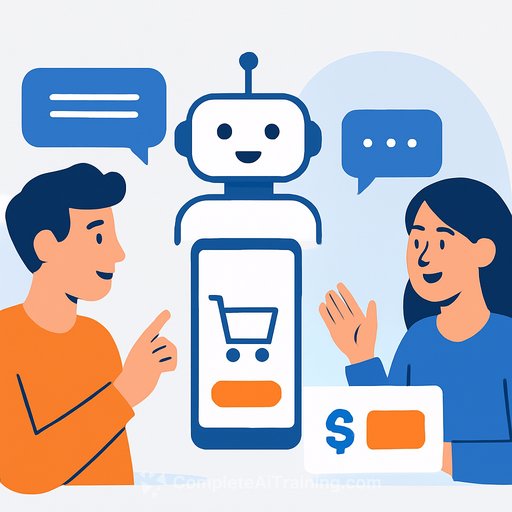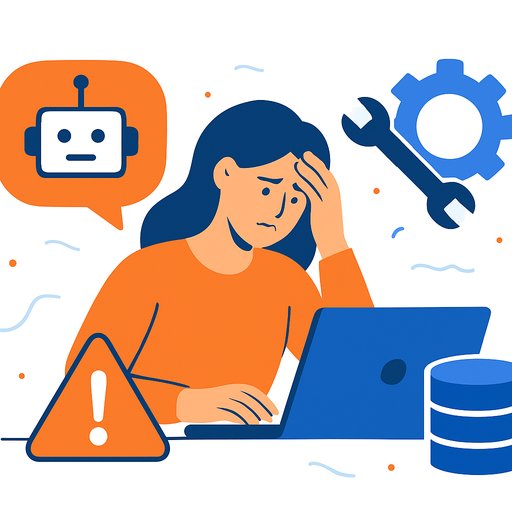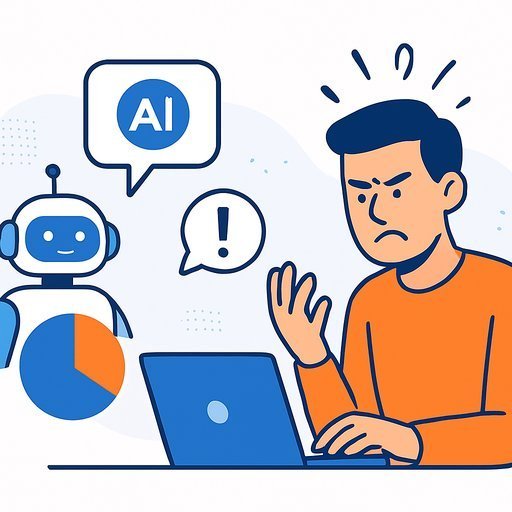OpenTable Introduces Concierge: AI Assistant to Improve Restaurant Booking Experience
OpenTable has launched Concierge, an AI-powered assistant built to provide instant answers to diner questions about more than 60,000 restaurants worldwide. Embedded directly within restaurant profiles, Concierge helps users get information about menus, dietary accommodations, ambiance, directions, and more—all without leaving the booking page.
This new feature addresses a common pain point. Research from OpenTable shows that over half of Americans spend around 21 minutes researching restaurants before booking, and nearly one-third avoid making reservations because the needed details aren’t easy to find online. For restaurant staff, this often means handling repetitive phone inquiries. Concierge offers a way to reduce that friction by delivering real-time, conversational responses using natural language processing.
How Concierge Works
The assistant uses OpenTable’s data combined with user reviews and restaurant descriptions. It also integrates AI technologies from OpenAI and Perplexity, merging structured metadata with conversational replies. This allows Concierge to answer specific questions based on verified content, minimizing inaccurate information.
Future updates plan to include AI-driven reservation bookings, enabling diners to make reservations through conversation with the assistant.
How Concierge Compares to Other AI Tools in the Restaurant Space
- Yelp: Uses AI mainly to summarize reviews and highlight dish recommendations but doesn’t offer a conversational assistant. It focuses on organizing crowd-sourced content rather than interactive Q&A.
- Resy: Concentrates on premium hospitality and personalized diner preferences but hasn’t introduced public-facing conversational AI. Its value lies in exclusivity and loyalty programs.
- Google: Uses AI in Search and Maps to suggest venues and summarize attributes like popular times and dietary options. Google Duplex offers voice-based booking but remains a background tool and depends on the quality of restaurant data.
Unlike these platforms, OpenTable’s Concierge is embedded where diners already make reservations, offering proactive guidance and up-to-date availability. This integration aims to reduce errors common in general AI models and provides answers relevant to booking decisions.
Challenges and Future Outlook
One challenge will be scaling Concierge's accuracy across a broad range of restaurants, especially smaller or independent venues that may not regularly update their profiles. OpenTable encourages restaurants to maintain current information, as Concierge relies on verified platform data.
Beyond Concierge, OpenTable is expanding its AI capabilities through partnerships with companies like OpenAI, Amazon Alexa, Microsoft Copilot, and voice AI providers such as Slang AI and PolyAI. The company also uses autonomous agents via Salesforce Agentforce to help restaurants automate customer service tasks, allowing staff to focus on more complex work.
What This Means for Customer Support Professionals
Concierge represents a shift in how reservation platforms handle customer inquiries. By automating routine questions and integrating booking capabilities, it reduces the volume of repetitive calls and messages restaurants receive. This frees up customer support teams to handle more nuanced issues and improves overall efficiency.
For those working in customer support, understanding tools like Concierge is valuable. AI assistants embedded in service platforms can streamline workflows and enhance user satisfaction. If you’re interested in gaining skills related to AI tools in customer support, consider exploring AI training courses tailored for support roles.
As AI continues to integrate into everyday platforms, support professionals who adapt to these technologies will be better equipped to manage evolving customer expectations.
Your membership also unlocks:






